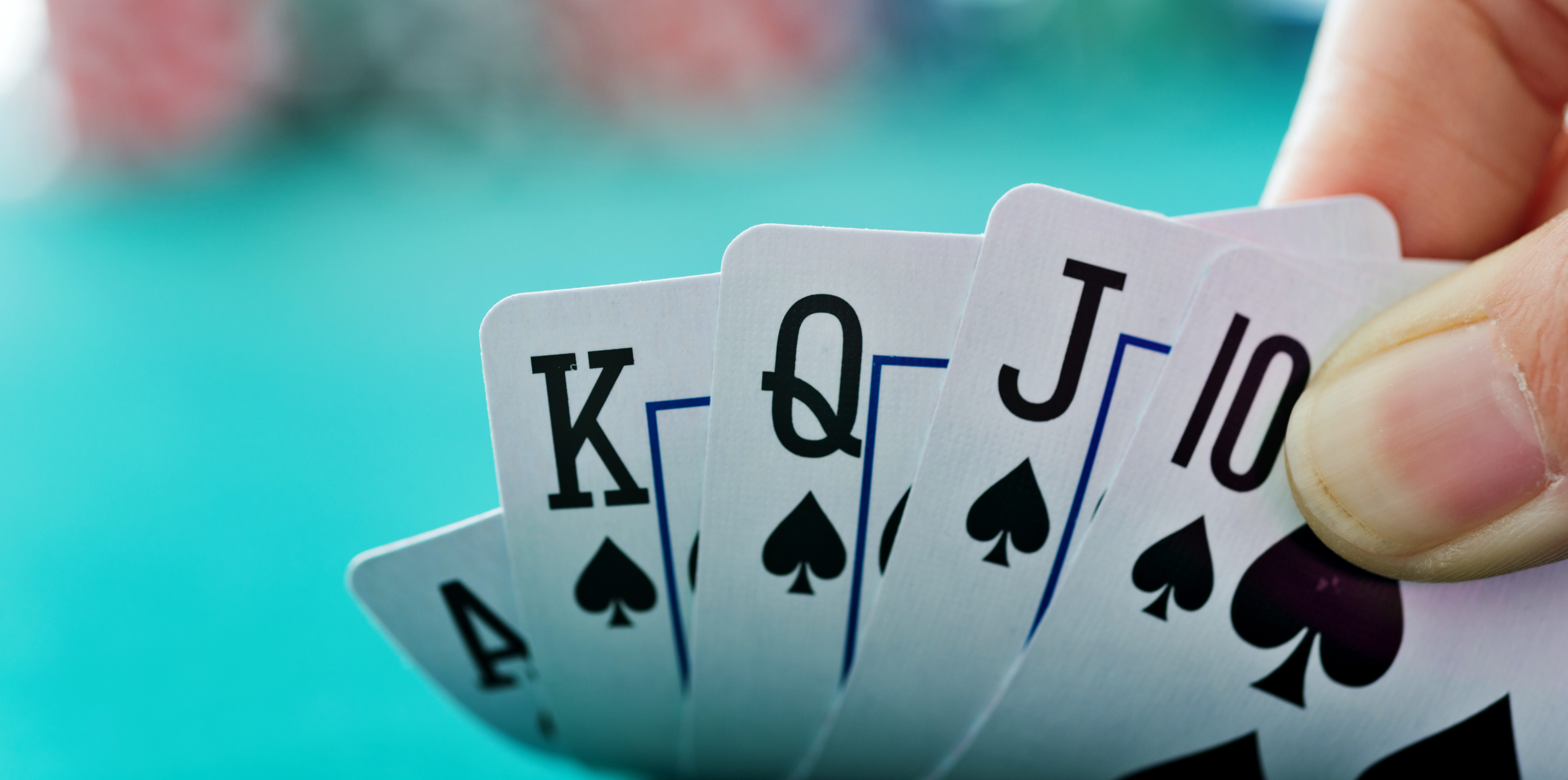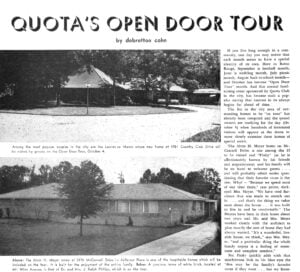Publisher’s Letter: Know when to fold ’em

I was taught that gambling is a sin. It is God’s money, and who am I to throw God’s money down a hole when it could best be used to serve a meal or pay for tuition or buy a lottery ticket? This belief saved me, I’m sure, because I have an addictive personality and if given free rein on the gambling front, I’d either be living in the high-roller suite at Caesar’s Palace in Vegas or wearing an adult diaper so I didn’t have to get up for the bathroom at the nickel slots in Kinder. Addiction is ugly.
But losing is ugly, too. And I don’t like to lose.
This attitude works well around the holidays, when I’m thrown in with my husband’s family and we play games and talk trash and no one, not even the youngest among the 35 of us, likes to lose. Unfortunately, I could have used a little schooling when it came to gambling before walking down the aisle into this clan. I’ve come to learn that when the cards are on the table, familial charity is thrown out the window with the baby and the bathwater.
Years ago, this whole multi-generational pack of aunts, uncles, cousins and siblings—hailing from south Louisiana but now living in far-flung locals like Austin and Dallas—decided to rent beach houses in Galveston, Texas, for Thanksgiving. Food was planned at length: sweet dough pies, oyster cornbread dressing, fried turkey, and even the obligatory green gelatin salad. It was a rare, relaxed holiday week with children frolicking on the beach and cocktails served as the sun went down. When I stumbled upon a group of this family that I love, cards in hand, around a worn, wooden picnic table under one of the raised cottages, I was delightfully intrigued.
“Don’t join them,” warned my husband. “They’ve been playing bourré for years.”
Don’t tell me what not to do, is what I thought, right when one of the cousins cried, “Ashley, come join us. We’ll teach you how.” I won’t name names, but let’s just call her Carrie.
The scene was deceptive. It looked tame. These people seemed reasonable, even kind. They would give me the shirts off their backs. This truth would become necessary, because after playing a few rounds of bourré with them, they took me to the cleaners.
“I need more money,” I barked over my shoulder later, as my husband shook his head in disbelief. He knew what I didn’t: that Carrie and the other family members had mastered bourré as babes, under carports with fans blowing and along screened-in porches overlooking a bayou with a breeze trickling in—a card game that came to Acadiana from France in the early 1800s and has been part of its culture ever since. Grandmothers would play three-day tournaments on a Formica kitchen table in between meals, oilrig workers would play for paychecks while elderly men met at clubs and cleaned out each other’s pockets. A newbie with nothing in her gaming repertoire but a fierce competitive spirit and a little time to kill was not going to take their collection of coins. Who would believe that mothers with the ability to craft such decadent pies could lie and trick you out of next month’s mortgage payment and cackle while pocketing all the money in the pot?
We still meet at the beach houses every other Thanksgiving since my first road to rediscovery and—although a cutthroat washer board tournament has risen in ranks and takes three days to complete— bourré is still on the menu.
That’s why I’m rejecting my raising, and I’m throwing my children into the gambling ring this year. My father-in-law has promised to teach them the craft using matchsticks and marbles for cash. Each of my four kids has a special knack for lying with a poker face—trust me on this—and I’d put any of them up against a seasoned gambler or a granny with a trump card. This Thanksgiving might just be the one we take Carrie to the cleaners.










